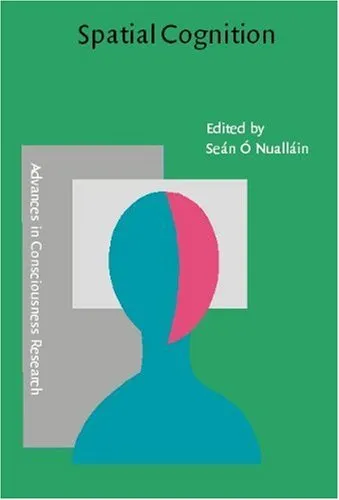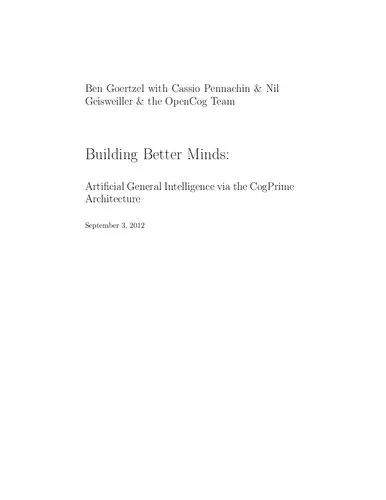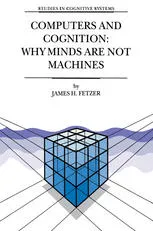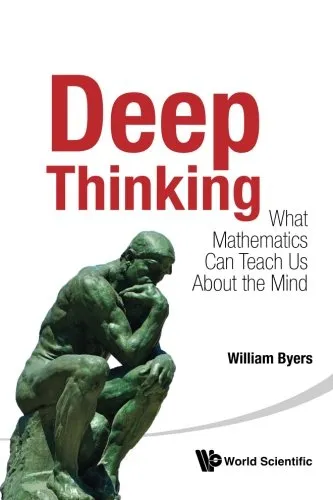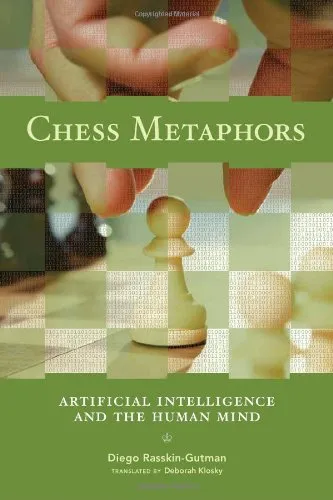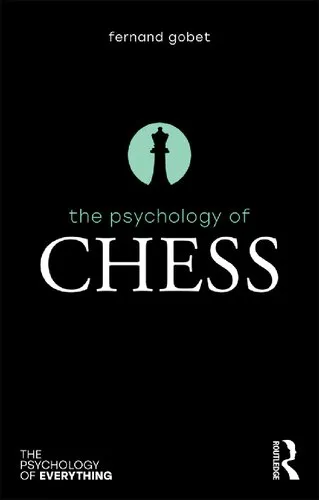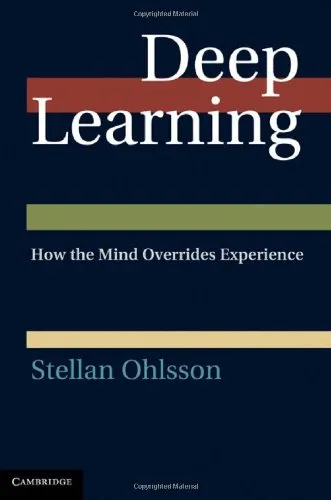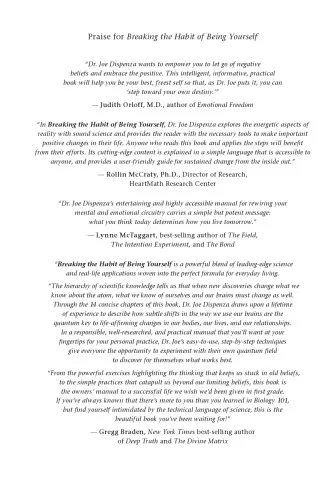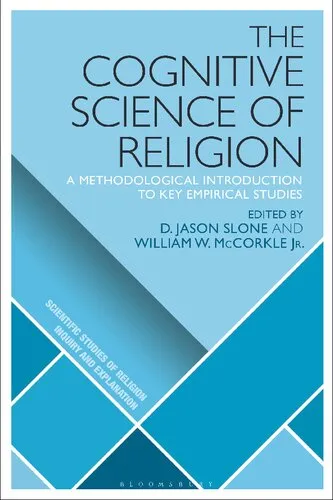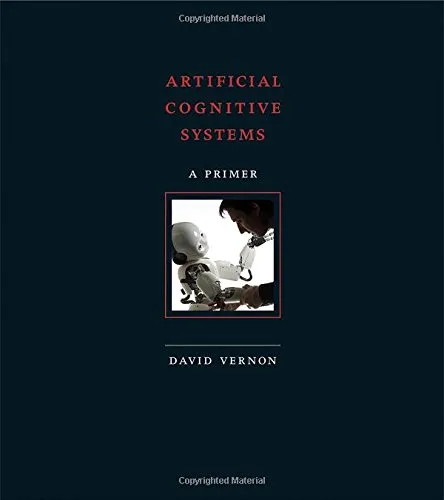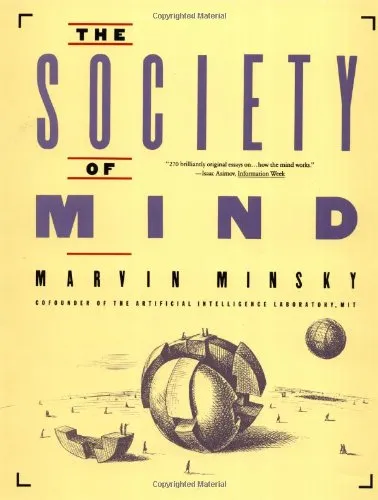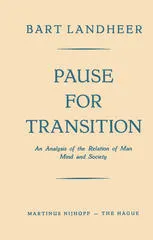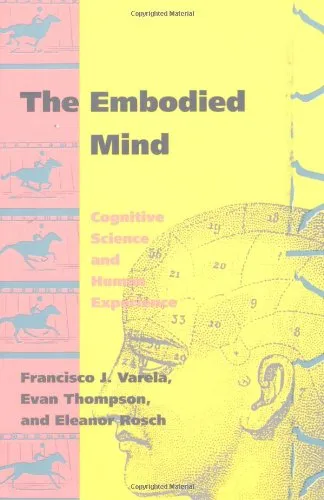Spatial Cognition: Foundations and Applications : Selected Papers from Mind III, Annual Conference of the Cognitive Science Society of Ireland, 1998 (Advances in Consciousness Research)
4.3
Reviews from our users

You Can Ask your questions from this book's AI after Login
Each download or ask from book AI costs 2 points. To earn more free points, please visit the Points Guide Page and complete some valuable actions.Related Refrences:
Welcome to the sophisticated exploration of spatial cognition, a fascinating domain within cognitive science that investigates how we perceive, process, and understand spatial information. This book, "Spatial Cognition: Foundations and Applications," is a collection of insightful papers presented at the Mind III Annual Conference, curated to probe the intricacies of human spatial awareness, explore its foundational elements, and examine its various applications.
Summary of the Book
Spatial cognition involves the cognitive processes and representations involved in understanding and manipulating spatial environments. This book delves into the intersection of space and cognition by illustrating theories, empirical studies, and applications that advance our knowledge in this area. From exploring the neural underpinnings of spatial awareness to discussing the implications of spatial cognition in design and artificial intelligence, this volume offers a comprehensive overview of the field.
It presents seminal papers discussing how mental schemas and maps are constructed and utilized by the brain to navigate complex environments and how such mechanisms can inspire computational models in AI. The selected papers provide insights into topics such as spatial memory, perception, the role of language in spatial reasoning, and the cognitive processes involved in navigation tasks.
Key Takeaways
- Spatial cognition is a multidisciplinary field utilized in both neuroscientific research and artificial intelligence modeling.
- Understanding of environmental navigation can significantly benefit urban planning and architectural design.
- Technological advancements, such as virtual reality, hold potential in simulating and enhancing spatial learning and rehabilitation.
- Linguistic structures often influence spatial reasoning, highlighting the intertwined nature of language and cognition.
Famous Quotes from the Book
“Our cognitive maps are not merely passive reflections of space, but active constructions that both shape and are shaped by our interactions with the physical world.”
“Spatial cognition is fundamental to our understanding of ourselves as agents in a three-dimensional world. Its study unveils the delicate balance between perception and action.”
Why This Book Matters
This book is significant for several reasons. First, it serves as a bridge between cognitive theories and practical applications, allowing readers to appreciate the multidisciplinary nature of spatial cognition. The papers compiled here extend beyond theoretical discussions, offering practical insights relevant to fields such as urban planning, robotics, virtual reality, and more. Secondly, by bringing together contributions from eminent scholars and researchers in cognitive science, it provides readers with access to diverse perspectives and groundbreaking research. Lastly, in an age where technology continues to reshape the way we interact with space through augmented and virtual realities, this book offers vital understandings that could inform future innovations.
In essence, "Spatial Cognition: Foundations and Applications" is not just a collection of academic papers; it is a testament to the dynamic interplay between cognition and the spaces we inhabit, underscoring the importance of this interaction in both theoretical and applied contexts. Scholars, students, and practitioners alike will find this book a valuable resource for expanding their understanding of how we comprehend and navigate the spatial dimensions of our world.
Free Direct Download
You Can Download this book after Login
Accessing books through legal platforms and public libraries not only supports the rights of authors and publishers but also contributes to the sustainability of reading culture. Before downloading, please take a moment to consider these options.
Find this book on other platforms:
WorldCat helps you find books in libraries worldwide.
See ratings, reviews, and discussions on Goodreads.
Find and buy rare or used books on AbeBooks.
1341
بازدید4.3
امتیاز0
نظر98%
رضایتReviews:
4.3
Based on 0 users review
Questions & Answers
Ask questions about this book or help others by answering
No questions yet. Be the first to ask!
